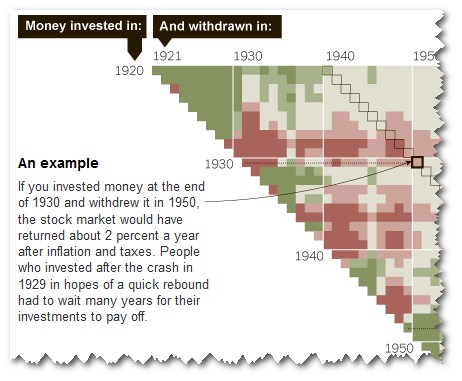(Originally sent September 2009)
Forthcoming film
“Surrogates” is due to be released in the UK on the 25th of September. An adaptation of a graphic novel, it looks to be a solid Sci-Fi in what I consider to be the technically correct sense: positing a potential technological development, the story investigates what might happen in a society where such a thing is possible.
In this case the development is ‘surrogates’ – robot avatars that people control remotely, an idea just nicely at the edge of conceivable possibility.
I think the trailer gives too much away, so if you want to see the basic premise just watch the first 60 seconds, and I strongly recommend not watching beyond 1 minute and 30 seconds (seriously!) if you can possibly resist it!
Video
I saw a video pair on YouTubeDoubler (here – pause the left video until the right one tells you to start it) in which two people use two webcams together to create a video for a duet, and I thought “Good, but could do better”. Someone did:
(Starts to get clever at 40”, goes nuts at around 3’10”)
Quote
Webcomic ‘Pictures for Sad Children’ suggests an improvement (site was taken down in 2014 – T.M. 17/5/22) on the ever-unsubstantiated ‘never more than 3 meters from a rat’ saying:
“We’re in earshot of two terrible things at all times”
Link
“Freaks survive because they are strange” – a great headline, a slightly silly experiment involving food-bearing model salamanders, and a plausible-sounding partial answer to the ‘maintenance of variation’ problem with evolution.
Potato Puzzle
You have 100 kilograms of potatoes that are 99% water by weight. You store them in a cupboard, and when you test them again a week later you discover they are now 98% water by weight. How much do the potatoes weigh?
Magical Ground Squirrel Puzzle Answer:
If the magical ground squirrel is able to position the bridges (say) East-West with such accuracy that an imp wanting to go North could not work out which one pointed slightly more Northerly and so had to choose randomly, then the squirrel has good odds of working out the result of the election by doing exactly that and leaving the bridges there the entire time.
If the imps are headed to the good training centres in the East and West, there will be no random choice made by them and when they have all come out 500 will have gone East and 500 West.
However, if the imps want to go to the evil training centres in the North and West, they will be choosing a bridge randomly. In that case, there is (by my calculation) only about a 2.5% chance that exactly 500 will choose each bridge. There’s a 97.5% chance more will go one way than the other, and in this case you could be sure they were evil.

